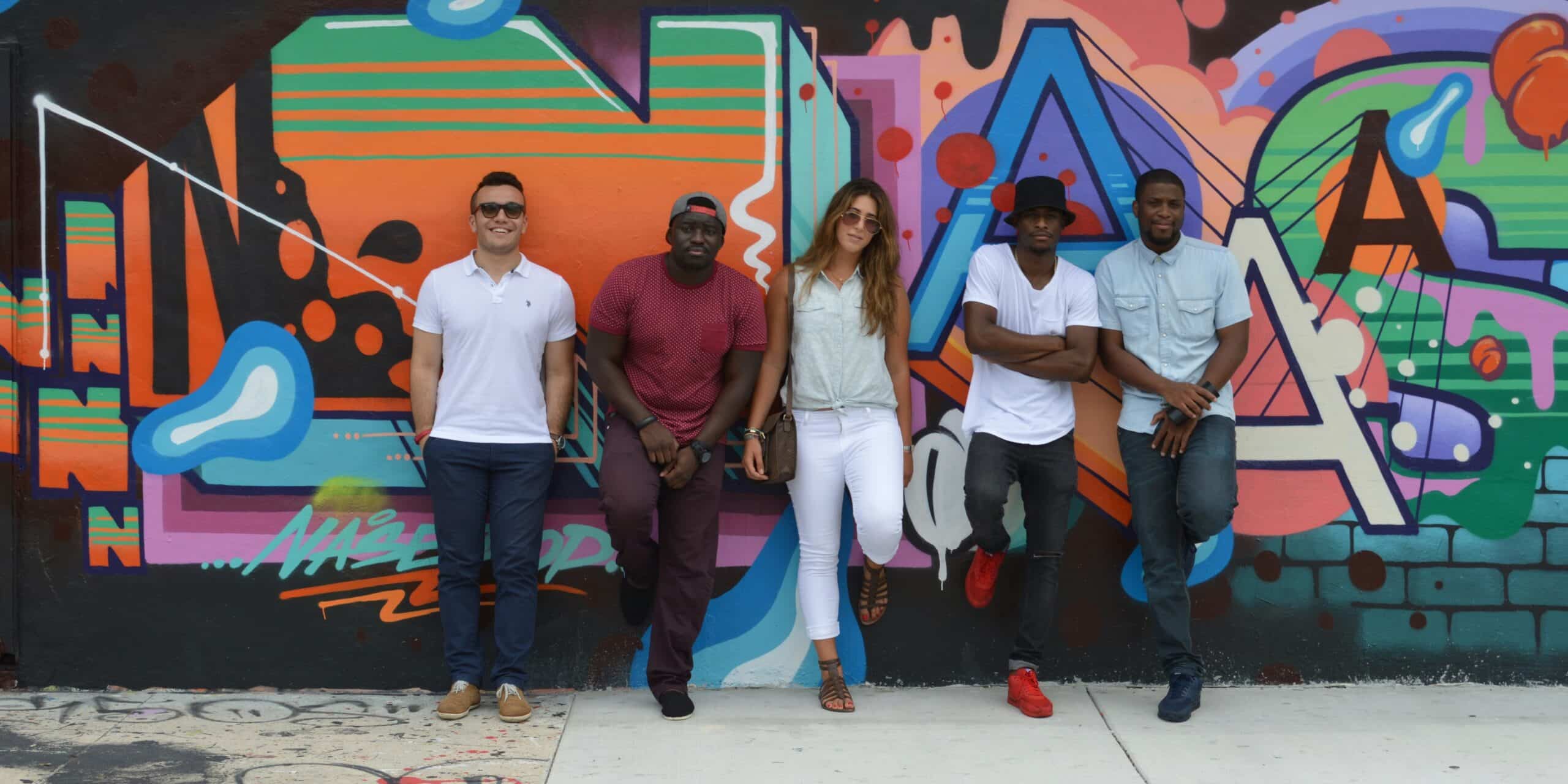Showcasing Latin American Fashion Excellence
Latin Fashion Week is a prestigious event that showcases the vibrant and diverse fashion from Latin American designers. This event celebrates Latino heritage and promotes diversity and inclusion within the global fashion industry. Established to highlight the unique cultural and creative contributions of Latin American designers, Latin Fashion Week has become a significant platform for emerging and established talents alike.
The purpose of Latin Fashion Week goes beyond just displaying fashion. It aims to recognize and elevate the contributions of Latin American designers to the global fashion scene. By doing so, it supports minority and women’s inclusion in an industry traditionally dominated by other demographics. This event provides a much-needed stage for designers whose work reflects the rich cultural legacy and contemporary relevance of Latin America.
Latin Fashion Week is held annually, and its dates and locations vary. The event has been hosted in major cities known for their influence in fashion, such as New York, Miami, and Los Angeles. These locations are chosen for their large Latin American communities and their significance as fashion hubs. The selection process also considers factors like local support, accessibility, and the potential to attract global attention.
A notable feature of Latin Fashion Week is the Latin Fashion Week Awards. These awards have become a powerhouse in celebrating Latin fashion with pride. They not only honor outstanding designers but also promote their work on an international stage. The awards ceremony serves as a platform for recognizing excellence and innovation in Latin American fashion, providing designers with greater visibility and opportunities for collaboration.
Latin Fashion Week’s impact on the fashion industry is profound. By showcasing the work of Latin American designers, it helps integrate their unique perspectives into mainstream fashion. This integration fosters a richer and more inclusive fashion landscape, where diverse voices are celebrated and given the recognition they deserve.
The event’s significance is further amplified by its role in fostering partnerships between global brands and Latin American designers. These collaborations are crucial for innovation and growth within the fashion industry. They also help bring Latin American fashion to a broader audience, enhancing appreciation for its cultural diversity.
As Latin Fashion Week continues to grow, it remains committed to its mission of promoting diversity and inclusion. By celebrating the creativity and heritage of Latin American designers, the event plays a crucial role in shaping a more inclusive and dynamic fashion industry. This commitment to inclusivity is evident in the event’s ongoing efforts to provide a platform for minority and women designers, ensuring their voices are heard and their contributions recognized.
Celebrating Latin Fashion and Diversity
In the effervescent world of fashion, where creativity and culture interlace to weave the very fabric of our identities, Latin Fashion Week stands as a testament to the enduring influence and evolving landscape of Latin American design. This prestigious event not only showcases the vibrant tapestry of Latino heritage but also serves as a catalyst for change, championing diversity and inclusion within an industry that is constantly in flux.
At the heart of this transformation is a celebration that goes beyond mere aesthetics; it’s about acknowledging and elevating the contributions of Latin American designers who have enriched the global fashion scene with their unique visions and indefatigable spirit. The Latin Fashion Week Awards have emerged not just as a ceremonial recognition but as a powerful platform promoting minority and women inclusion in the fashion industry—a mission encapsulated by the brand’s ethos: “supporting minority and women inclusion in the fashion industry.”
As we delve into this narrative, it becomes evident that Latin Fashion Week is reshaping perceptions and forging new pathways for Latino designers. By providing them with an international stage, these awards amplify voices that might otherwise be marginalized, spotlighting talents whose stories reflect a rich cultural legacy intertwined with contemporary relevance.
The significance of this event extends beyond its role in spotlighting emerging designers; it has become a magnet for global brands eager to collaborate and connect with Latino creatives. This symbiotic relationship between established names and rising stars is pivotal, as it facilitates exchange, fosters innovation, and ultimately contributes to a more inclusive and dynamic fashion ecosystem.
One cannot discuss Latin Fashion Week without acknowledging its impact on propelling Latino designers onto the world stage. Designers such as Oscar de la Renta, Carolina Herrera, and Narciso Rodriguez have long been celebrated figures in high fashion. However, through platforms like Latin Fashion Week, newer talents are gaining recognition—designers who embody the diversity and richness of Latin American culture while pushing boundaries with their visionary approaches.
These accolades serve not merely as commendations but as vital stepping stones for Latino designers seeking to carve out their niches within a competitive landscape. They offer visibility in an industry where representation matters profoundly—where seeing one’s cultural heritage reflected on global runways can inspire future generations to pursue their dreams without compromise.
Celebrating Identity and Innovation in Fashion
Moreover, the allure of Latin Fashion Week transcends its role in championing designers; it is also about celebrating identity with pride. It creates spaces where traditional elements are revered alongside modern interpretations—where indigenous textiles meet avant-garde designs in a dazzling display of sartorial storytelling. This fusion not only captivates audiences but also underscores the importance of preserving cultural narratives through fashion.
The event’s growing prestige has attracted attention from major brands looking to tap into new markets and connect with diverse demographics. These partnerships are instrumental in bringing Latino designs to broader audiences, thereby fostering greater appreciation for cultural diversity within fashion.
In embracing social media platforms like Instagram (@latinfashionweek), Latin Fashion Week bridges geographical divides, allowing enthusiasts from around the globe to partake in its celebrations virtually. Through engaging content and interactive initiatives, it builds community among followers who share a common passion for Latino heritage and design excellence.
As we look towards future editions of this illustrious event, there’s palpable excitement about its potential to further disrupt conventional narratives within fashion. With each passing year, Latin Fashion Week not only honors outstanding contributions but also reiterates its commitment to inclusivity—an ethos that resonates deeply within an industry striving towards greater equity.
In conclusion, Latin Fashion Week Awards stand at an exciting crossroads where tradition meets innovation—a beacon guiding us toward a more inclusive fashion future. By celebrating diversity through design, they remind us that at its core, fashion is not just about clothes—it’s about identity, expression, and belonging. As this vibrant chapter unfolds within the annals of style history books yet unwritten; we watch eagerly as Latin America continues to shape our sartorial worldviews—thread by luminous thread.
For those inspired by this narrative or wishing to learn more about how they can support or engage with this movement towards inclusivity in fashion can follow along through updates posted on Instagram @latinfashionweek or reach out via email at info@latinfashionweek.com.
More information is available on their website www.latinfashionweek.com or by contacting 1-202-559-8659 directly – because every thread woven into this fabric strengthens our collective tapestry.
Published By: Aize Perez










